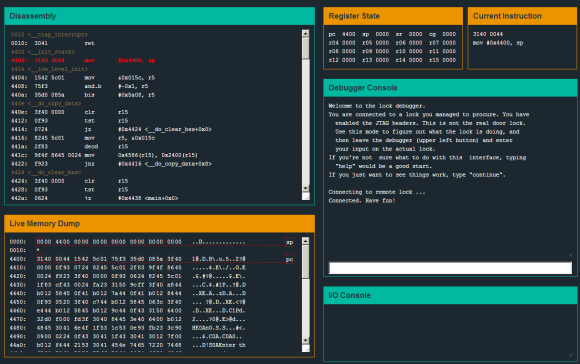a topic on the math version of stackoverflow, filled with funny stories, anecdotes, urban legends about mathematicians. If you’re like me you’re gonna love every bit of it.
http://mathoverflow.net/questions/53122/mathematical-urban-legends
Although David Hilbert was one of the first to deal seriously with infinite-dimensional complete inner product spaces, the practice of calling them after him was begun by others, supposedly without his knowledge. The story goes that one day a visitor came to Göttingen and gave a seminar about some theorem on “Hilbert spaces”. At the end of the lecture, Hilbert raised his hand and asked, “What is a Hilbert space?”
When the logician Carnap was immigrating to the US, he had the usual consular interview, where one of the questions was (and still is, I think): “Would you favor the overthrow of the US government by violence, or force of arms?”. He thought for a while, and responded: “I would have to say force of arms…”



